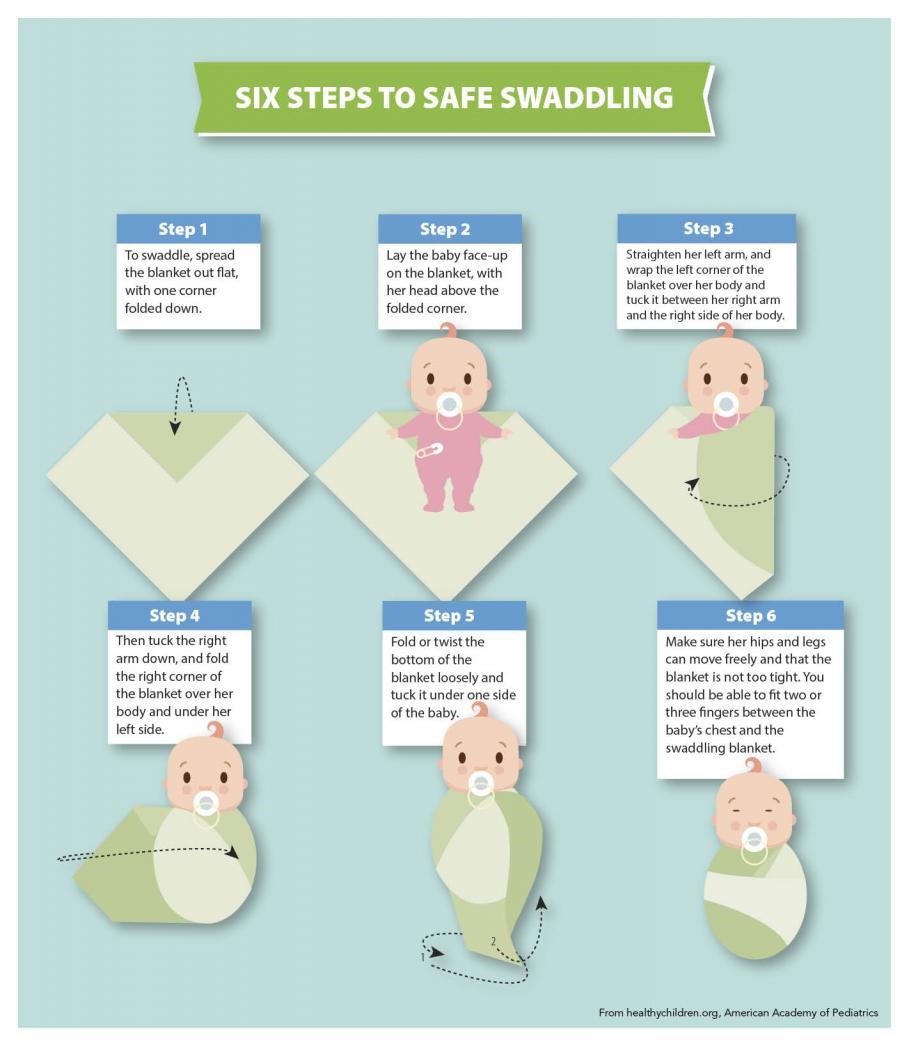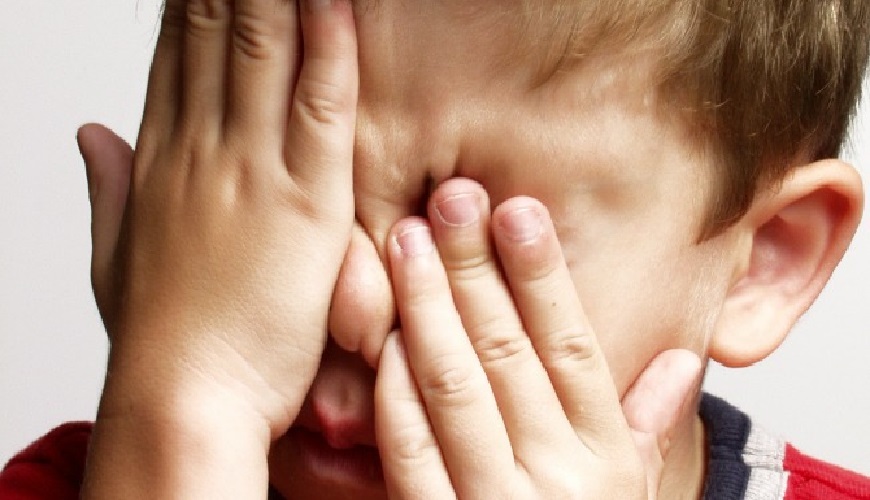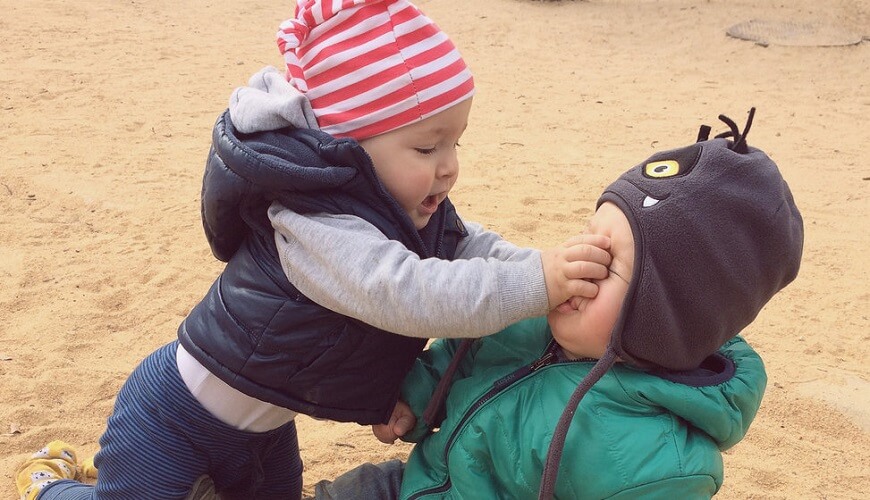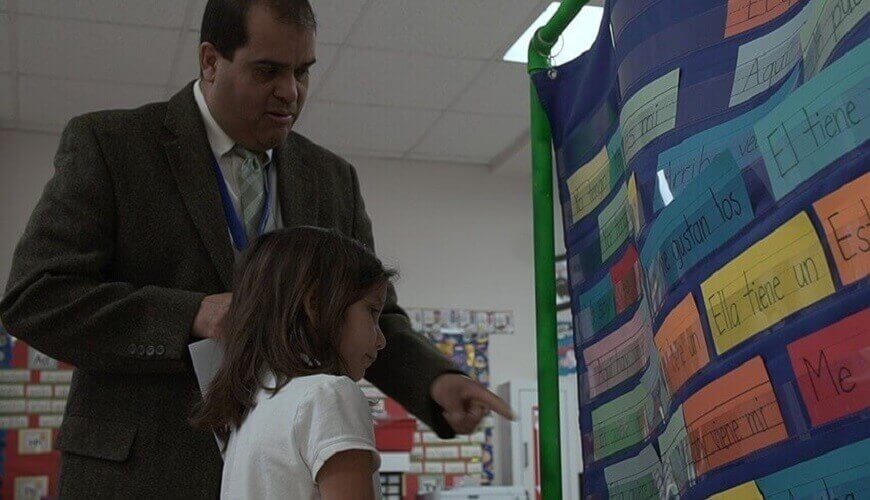Do you or your partner like to playfully toss your baby in the air or flip her upside down – and listen
to her squeal with delight? Nothing brings on a baby's giggles like a few aerial stunts performed in
the adoring hands of her parents. But before your send your little one flying, make sure you're playing it safe...
In the past few years, media has dramatized research findings on the association between swaddling and
sleep-related infant death. Some suggest swaddling increases the risk while others imply it reduces the
risk. Experts from the American Academy of Pediatrics (AAP) say there isn’t enough evidence to formally
recommend swaddling, but everyone working with infants and their families should include swaddling in
conversations about safe sleep practice.
Why boredom is good for your child. Does your child struggle to entertain themselves? We explain how they
could benefit from being bored. Ever felt like you’d be a millionaire if someone gave you a pound for every
time your child complained about being bored?. In today’s non-stop world, boredom is seen as a bad thing. New
research from toymaker Melissa & Doug and analytics and advice firm Gallup shows that fewer than one in five
British parents strongly agrees that it’s good for kids to be bored from time to time.
Hugging provides many benefits. It is particularly important in child development. Let’s dive into the science behind and explore the significance of a hug.
Traumatic events like 9/11 and hurricanes have taught experts how to guide parents to be prepared to respond
to crises in ways that help their children be resilient.
All children are capable of extraordinary things. There is no happiness gene, no success gene, and
no ‘doer of extraordinary things’ gene. The potential for happiness and greatness lies in all of them,
and will mean different things to different kids. We can’t change that they will face challenges along
the way. What we can do is give them the skills so these challenges are never able to break them. We can
build their resilience.
When your child struggles with sensory issues it can be downright debilitating. In fact, it can affect every aspect of your life, from family outings to night time routines. When a child struggles with sensory issues, it can make every day activities difficult and make parenting even harder than it already is.
Raising a mentally strong kid doesn't mean he won't cry when he's sad or that he won't fail sometimes. Mental strength won't make your child immune to hardship—but it also won't cause him to suppress his emotions.
Some aggression is normal, experts say; parents can respond with redirection or distraction rather than by punishing the child with anger, yelling or spanking.
Toddlers hitting others is not abnormal behavior. They do it to assert independence and also because they lack the necessary verbal skills and impulse control to check their behavior. They may also be copying caregivers who spank. Set an example, stand your ground, and they will eventually outgrow the violent streak.
The quality of child-parent talk may be more important than quantity.
A child’s early exposure to language is at the heart of development. Aspects of early language environments have been found to predict language skills, cognitive skills, and academic achievement in previous studies. Language exposure encompasses many elements, and researchers continue to investigate what roles specific features might play.
How San Antonio is using its bilingual roots to spur classroom integration and empowering families once forced to give up Spanish to reclaim their history.
The moment a person begins to dream in a second language is often heralded as the moment he or she becomes fluent, when the brain stops translating a thought into a new idiom and instead pulls up a concept and expresses it in either tongue.
Improve your child's reading success with an understanding of this key teaching method.
If you're the parent of a beginning reader, chances are you're hearing a lot about phonics. Here's what you need to know about how your child will learn phonics — and how you can help teach phonics at home:
What exactly is phonics?
Phonics is knowing that sounds and letters have a relationship — it's that simple, and that complex. It is the link between what we say and what we can read and write. Phonics offers your beginning reader the strategies she needs to sound out words. For example, she learns that the letter D has the sound of "d" as in "doll." Then she learns how to blend letter sounds together to make words like dog.
A new study finds that children have much to gain, even beyond literacy, from having lots and lots of books at home. Plus, helpful tips to expand your library.
As parents, we know we know how important it is to encourage our kids to read. Now, there's science to support our impulse to fill our homes with as many books as possible.
Many migrant children separated from their parents at the U.S. border, some of them very young,
have landed in shelters where they often experience stress, neglect and minimal social and
cognitive stimulation. The latest findings tell a cautionary tale about the psychiatric and
social risks of long-term deprivation and family separation as children transition to adolescence.
WHAT IS EDUGETHER
Edugether is an all-day english-spanish home child care with a spanish immersion education program with focus on their social, cognitive, language and physical skills.
HOW CHILD LEARN
Touching, squeezing and breaking is necessary to know. This learning experiences with your child, help to significant and trascendental moments in their lives.
BRAIN DEVELOPMENT
A child’s early exposure to language is at the heart of development. Aspects of early language environments have been found to predict language skills, cognitive skills, and academic achievement.














